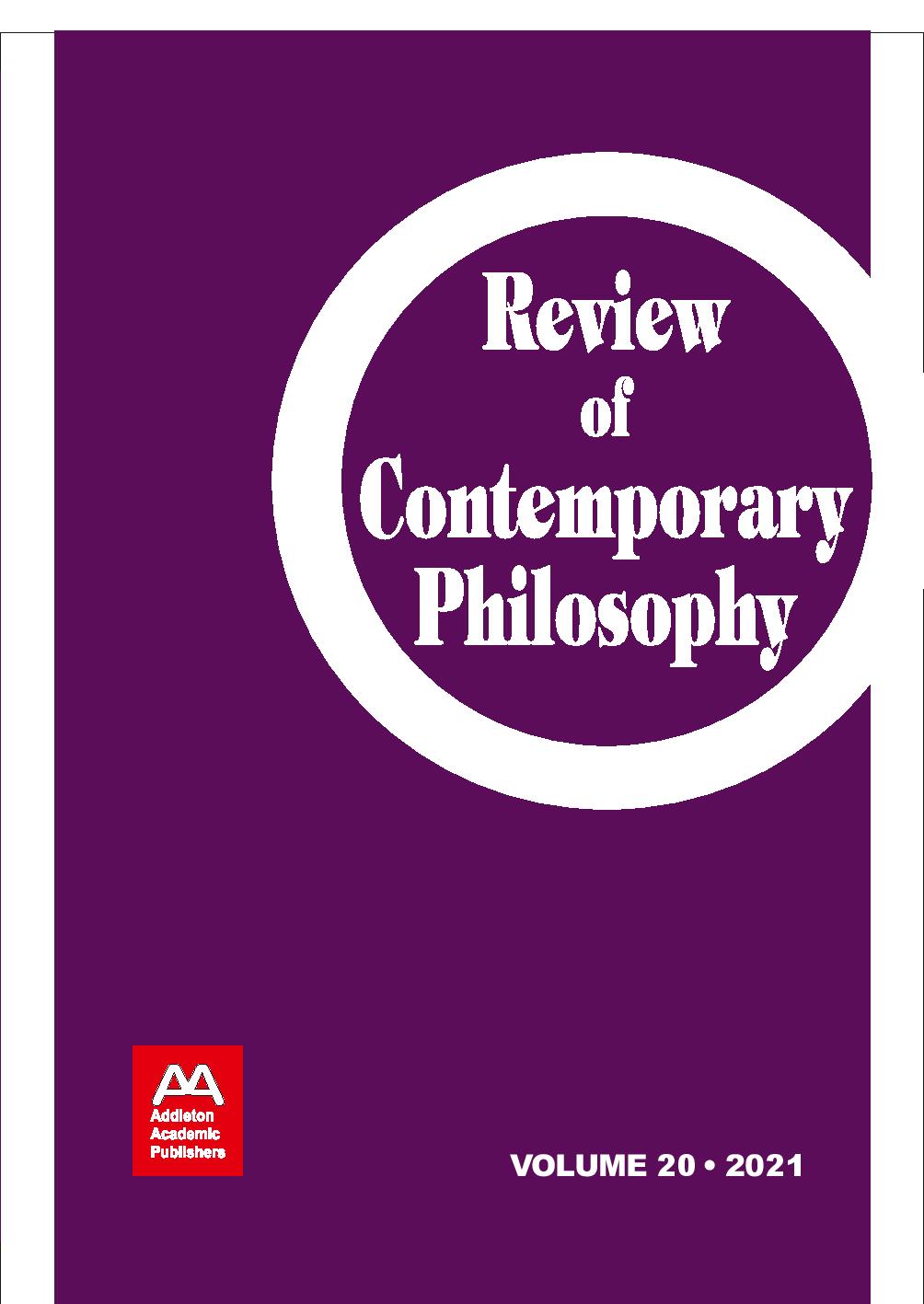The Rehabilitation of the Concept of Public Good: Reappraising the Attacks from Liberalism and Neo-Liberalism from a Poststructuralist Perspective
The Rehabilitation of the Concept of Public Good: Reappraising the Attacks from Liberalism and Neo-Liberalism from a Poststructuralist Perspective
Author(s): Mark OlssenSubject(s): Political Philosophy
Published by: Addleton Academic Publishers
Keywords: public good; public interest; liberalism; continuance ethics; poststructuralism; complexity; T. H. Green; idealism; the good and the right;utilitarianism and retributivism;
Summary/Abstract: This paper starts by considering twentieth century attacks of the idea of the public good from liberal quarters: from social choice theory; public choice theory; and from political liberalism, with reference to Kenneth Arrow, James Buchanan, Joseph Schumpeter and John Rawls. Despite a prolonged attack against ideas of the good from liberal economists and political thinkers, spanning the period from the 1930s to the end of the twentieth century, I argue that the concept of public good needs rehabilitating as a political concept. The concept of “self-interest” that guided the liberal economists, and the ontology of individualism that underpinned Rawls’s writings, have not proved adequate to understanding politics and the logic of collective action in terms of which politics necessarily operates. My answer will not seek to provide a modification or revision of the liberal views, or of utilitarianism, but will proffer a new normative theory which I will claim is necessary in the current age to guide politics. I argue that new models of science which gained ascendancy from the start of the twentieth century, as well as poststructuralist ideas can assist a reconceptualization of the idea of public good to guide politics, accommodate liberty and diversity, and overcome liberal objections.
Journal: Review of Contemporary Philosophy
- Issue Year: 2021
- Issue No: 20
- Page Range: 7-52
- Page Count: 46
- Language: English
- Content File-PDF

